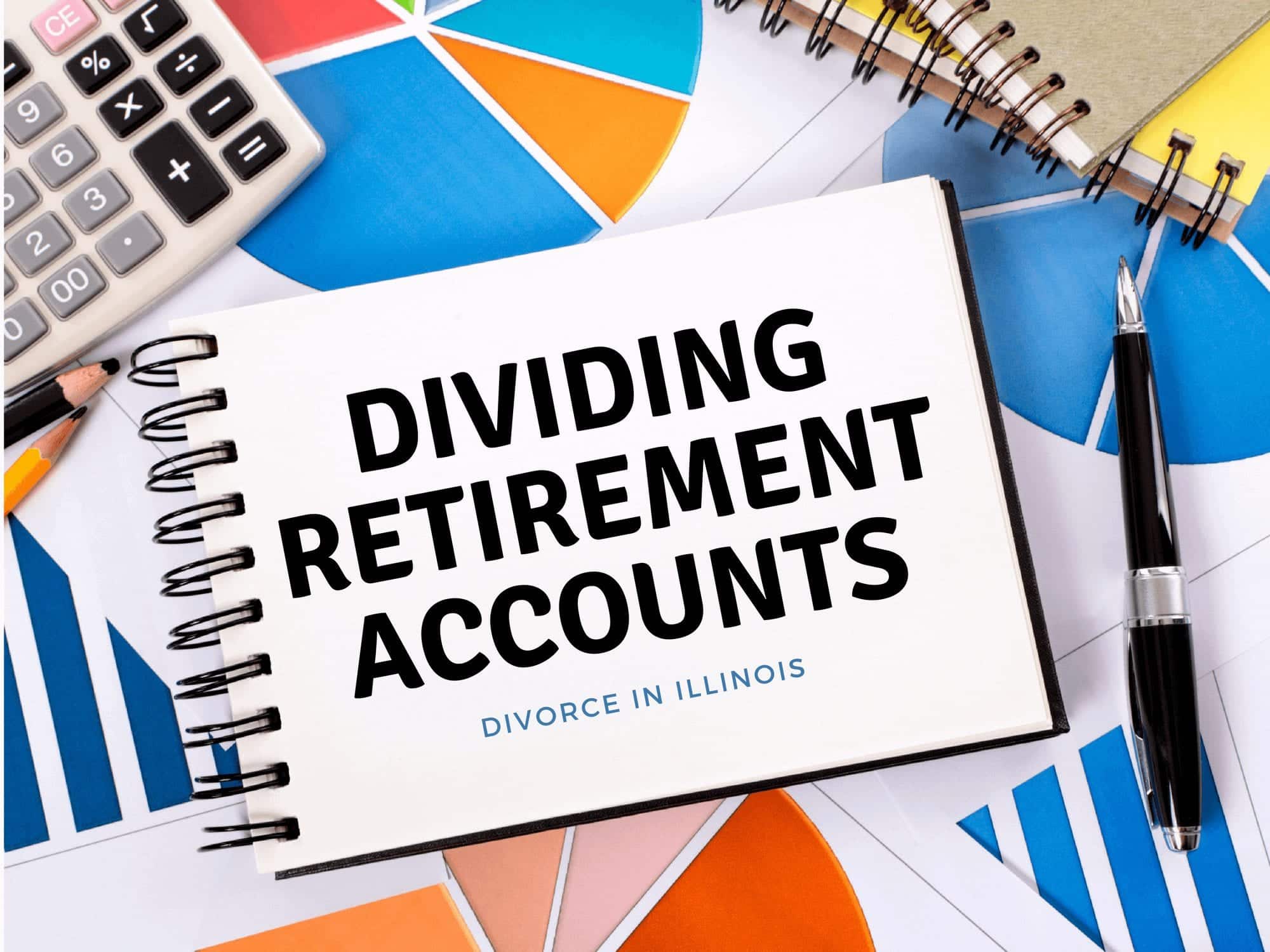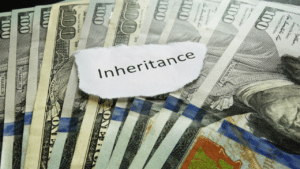In Illinois, pension division in divorce follows equitable distribution rules. These rules aim to divide marital assets fairly but not necessarily equally. The portion of a pension earned during the marriage—called the marital portion—is treated as marital property. Courts typically award the non-earning spouse a share of these benefits.
Illinois courts will look at several factors to determine how the pension should be divided, including:
- The length of the marriage
- Each spouse’s financial situation
- The contribution each spouse made to the marriage, both financially and non-financially
- The future earning potential of both spouses
It’s important to note that only the marital portion of the pension is subject to division. Contributions made before the marriage or after a legal separation agreement is entered are generally considered non-marital property and remain with the pension-holder.
The Role of QDROs in Dividing Pensions
A Qualified Domestic Relations Order (QDRO) is a court order that allows retirement plan administrators to legally divide pension benefits between spouses. Without a QDRO, a pension will not be divided by the plan, and could result in tax penalties if the parties try to divide it on their own.
Once the QDRO is issued by the court, the pension plan administrator is required to divide the marital portion of the pension according to the terms of the divorce settlement. The non-earning spouse will typically receive their share of marital portion, or other portion of the pension benefits when the pension-holder retires.
It’s crucial that a QDRO is properly drafted to reflect the specifics of the pension plan. Mistakes in the QDRO process can delay or even jeopardize the non-earning spouse’s ability to receive their fair share. Hiring an attorney who specialized in pension division is important to make the process efficient and accurate.
Types of Pensions Requiring a QDRO
- Private Pensions: Managed by private employers, these pensions are commonly divided through a QDRO.
- Public Pensions: Government pensions (like those for federal, state, or local employees) may require different legal orders similar to QDROs.
For a broader understanding of how Illinois courts divide 401(k)s, IRAs, and other retirement accounts, you can visit our guide on Dividing Retirement Accounts in Divorce.
Special Considerations for Military and Government Pensions
Military Pensions
Military pensions have their own unique rules for division in a military divorce. Under the Uniformed Services Former Spouses’ Protection Act (USFSPA), state courts can treat military pensions as marital property and divide them accordingly. However, the non-earning spouse must have married the service member for at least 10 years during the service member’s active-duty period to receive direct payments from the Defense Finance and Accounting Service (DFAS).
Even if the marriage was shorter than 10 years, the non-earning spouse may still be entitled to a portion of the pension, but they will need to receive their share through the pension-holder rather than directly from DFAS.
Government Pensions
Government employees, including federal, state, and municipal workers, often have retirement plans like the Federal Employees Retirement System (FERS) or the Illinois Municipal Retirement Fund (IMRF). Dividing these pensions requires Illinois Qualified Domestic Relations Orders (QILDROs), which follow specific jurisdictional rules.
The QILDRO calculation order outlines the exact formula to determine the non-earning spouse’s benefits. Courts typically finalize the QILDRO during the divorce, while the calculation happens when the participant retires
For both military and government pensions, it’s essential to work with an attorney familiar with these specialized systems to ensure the correct division of benefits.
Tax Implications of Pension Division
Dividing pensions in a divorce can have serious tax implications if mishandled. A QDRO ensures a tax-free transfer of pension benefits between spouses.
If the non-earning spouse takes a lump sum instead of waiting until retirement, they may face taxes and early withdrawal penalties. The non-earning spouse must report pension benefits as taxable income when they begin receiving them.
These tax factors can greatly affect financial planning. Consider them carefully when negotiating how to divide pension benefits.
How to Protect Your Share of Pension Benefits
If you are the non-earning spouse, take these steps to safeguard your share of pension benefits:
- Draft and Submit the QDRO Correctly: Work with an attorney to draft an accurate QDRO and file it with the court.
- Track the Pension’s Value: Stay updated on the pension’s value and monitor any changes over time.
- Oversee the Retirement Plan Administration: After the court issues the QDRO, contact the retirement plan administrator to confirm they have implemented the order. Update your contact information so they can notify you when they distribute benefits.
Taking these actions helps you secure your fair share of pension benefits. Proactive planning with the right legal guidance is key to protecting your interests.
For more comprehensive information on dividing all types of retirement accounts during divorce, including 401(k)s and IRAs, check out our guide on Dividing Retirement Accounts in Divorce.
Common Questions About Dividing Pensions in Divorce
Can a military pension be divided in a divorce?
Yes, courts divide military pensions during a divorce. The Uniformed Services Former Spouses’ Protection Act (USFSPA) allows state courts to treat military pensions as marital property and allocate the marital portion.
To receive direct payments from the Defense Finance and Accounting Service (DFAS), the marriage must have lasted at least 10 years during the service member’s active duty. Otherwise, the service member pays the non-earning spouse directly.
What are the tax consequences of receiving pension benefits in a divorce?
Illinois Courts consider pension benefits taxable income for the non-earning spouse when they begin receiving them. If the non-earning spouse takes a lump sum distribution instead of waiting for regular pension payments, they may face both taxes and early withdrawal penalties. Work with a tax advisor to divide pension benefits in the most tax-efficient way.
How do government pensions differ from private pensions in a divorce?
Government pensions, such as those under the Federal Employees Retirement System (FERS) or Illinois Municipal Retirement Fund (IMRF), often require different court orders than private pensions. While the principles are similar, the process and specific requirements can vary depending on the governing rules of the pension system. Dividing these pensions in a divorce requires understanding the specific rules of the pension system and following the correct legal procedures.
Final Thoughts on Pension Division in Divorce
Dividing pensions in divorce can be complex, but understanding Illinois laws helps protect your rights. Divide the marital portion of the pension and use the proper legal tools, like a QDRO, to avoid errors.
Work with an experienced divorce attorney to ensure your pension is divided fairly. Consider tax implications and address them early to prevent unexpected financial issues.
If you need help dividing pensions or other retirement accounts, contact Anderson Boback & Marshall. Our family and divorce attorneys will guide you through the process and protect your interests.



















